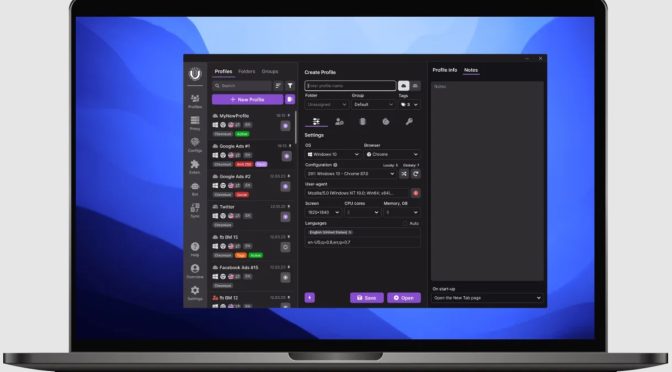In today’s digital age, cybersecurity has become a critical field, and with the increasing number of cyber threats, the demand for skilled professionals has skyrocketed. One way to stand out in this competitive industry is by earning relevant cybersecurity certifications. But with so many options available, how do you know which certifications are truly valuable? Let’s dive into the key certifications that matter most in the world of cybersecurity and why they should be on your radar.
Why are Cybersecurity Certifications Important?
Cybersecurity certifications not only validate your expertise but also show potential employers that you are committed to staying up-to-date with industry trends and best practices. In a world where new threats emerge constantly, it’s crucial for professionals to have proven skills. Certifications serve as proof of knowledge and competence in areas ranging from risk management to network security.
What Are the Best Cybersecurity Certifications?
While there are numerous certifications available, the following are the ones that stand out as particularly impactful for cybersecurity professionals:
- Certified Information Systems Security Professional (CISSP)
- What is CISSP?
CISSP is one of the most respected and globally recognized certifications for cybersecurity professionals. It focuses on information security and is ideal for those looking to build careers in security leadership or management. - Who should pursue CISSP?
This certification is best suited for individuals with at least five years of experience in the cybersecurity field and is highly recommended for those in managerial roles.
- What is CISSP?
- Certified Ethical Hacker (CEH)
- What is CEH?
As the name suggests, CEH is aimed at professionals who want to learn how to think and act like a hacker, but in an ethical and legal way. It covers a wide range of hacking tools and techniques to help organizations defend against potential cyberattacks. - Who should pursue CEH?
This certification is great for penetration testers, network administrators, or anyone interested in offensive cybersecurity strategies.
- What is CEH?
- CompTIA Security+
- What is CompTIA Security+?
CompTIA Security+ is an entry-level certification that offers a comprehensive introduction to the fundamentals of cybersecurity. It covers topics such as network security, cryptography, identity management, and risk management. - Who should pursue Security+?
If you are new to the cybersecurity industry, this certification can serve as an excellent stepping stone to more advanced qualifications.
- What is CompTIA Security+?
- Certified Information Security Manager (CISM)
- What is CISM?
CISM is designed for professionals who want to manage and design an organization’s information security program. It focuses on information risk management, governance, incident response, and more. - Who should pursue CISM?
CISM is ideal for individuals in managerial or strategic roles, such as IT managers or security consultants.
- What is CISM?
- Certified Cloud Security Professional (CCSP)
- What is CCSP?
As more businesses move to the cloud, understanding how to secure cloud environments is crucial. CCSP is tailored for professionals involved in cloud security architecture, governance, and risk management. - Who should pursue CCSP?
This certification is recommended for those working with cloud technology and cloud security.
- What is CCSP?
How Do Cybersecurity Certifications Help with Multi-Accounting and Anti-Detect Browsing?
While cybersecurity certifications focus primarily on securing information systems, there’s also growing interest in specialized fields like anti-detection technologies. Professionals in digital security often require tools to maintain privacy and security when working across multiple accounts or browsing the internet securely.
Tools such as the best anti detect browser have become vital for individuals who need to maintain anonymity online. Whether you’re involved in ethical hacking, digital marketing, or multi-account management, using a browser that helps prevent tracking and detection is a valuable asset. Browsers like these can safeguard against fingerprinting, tracking cookies, and other methods used to monitor online behavior.
Why should you use the best anti-detect browser for multi-accounting?
Using a browser specifically designed to avoid detection is critical in preventing your activity from being tracked across various platforms. If you manage multiple accounts for testing, marketing, or other business purposes, maintaining privacy and anonymity is essential for security and compliance.
Conclusion
In conclusion, obtaining the right cybersecurity certifications is crucial for career advancement and staying competitive in the field. Whether you are looking to enhance your skills in ethical hacking, security management, or cloud security, there are certifications tailored to different career goals. Additionally, combining these qualifications with the use of cutting-edge privacy tools, such as an anti-detect browser, can help ensure that your digital presence remains secure and undetected.
For more information about how to enhance your privacy online, visit undetectable.io. How to Anonymize Your Online Presence.
